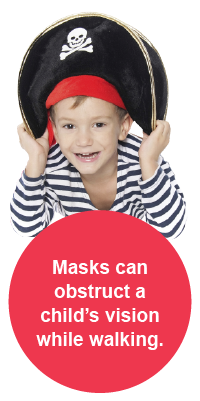The 3rd Annual Shared Risk and Protective Factors Conference will be held at Keystone Conference Center in Frisco, CO, May 29-31st, 2019.
As prevention professionals, you have likely seen issues that are common among the youth, families and communities you work with - issues like poverty, families dealing with substance abuse, and youth who are not connected to or do not feel safe at school. We often refer to these issues as "shared risk and protective factors". This conference focuses on learning and implementing strategies that take a shared risk and protective factor approach to prevent multiple forms of violence, injury and substance abuse, helping multiple programs and agencies achieve their desired outcomes.
THE 2019 CONFERENCE CALL FOR ABSTRACTS IS NOW OPEN!!!
Do you have stories of successful collaboration to share? Do you have examples of using a shared risk and protective factor approach to create connected communities? Or maybe expertise around using a positive youth development approach, or changing systems to support youth development, or identifying and addressing the root causes of violence, injury, and substance abuse?
This conference draws young people and adults who are engaged in creating connected communities and safe, healthy, and successful youth. Attendees include adults and young people working with nonprofits and government agencies from across Colorado including stakeholders of the following: CDPHE Violence & Injury Prevention Program, Collaborative Management Program, Communities that Care, Department of Education, Office of Behavioral Health, Tony Grampsas Youth Services Program, Youth Partners, and many more.
Read the Proposal Submission Questions HERE: https://docs.google.com/document/d/1P1rc8X9KSKRy2SYhhhtbmdB3W8Lia-7hIGcACBUYJ8k/edit?usp=sharing
Instructions: At the Login page, click "Create Account", once confirmed and logged in select "+ Create New Submission". You can add co-presenters to your session by providing their email address on the form.
*The submission site is best viewed on a desktop.
***Once you click “Submit,” your session will be automatically recorded and you will be taken to a “Submission Summary” page. You can log-in to your account and edit or delete your submission before the Call for Proposals Close date, November 15th.***
-------------------------------------------------------------
To be notified when registration opens, please complete this form HERE






















